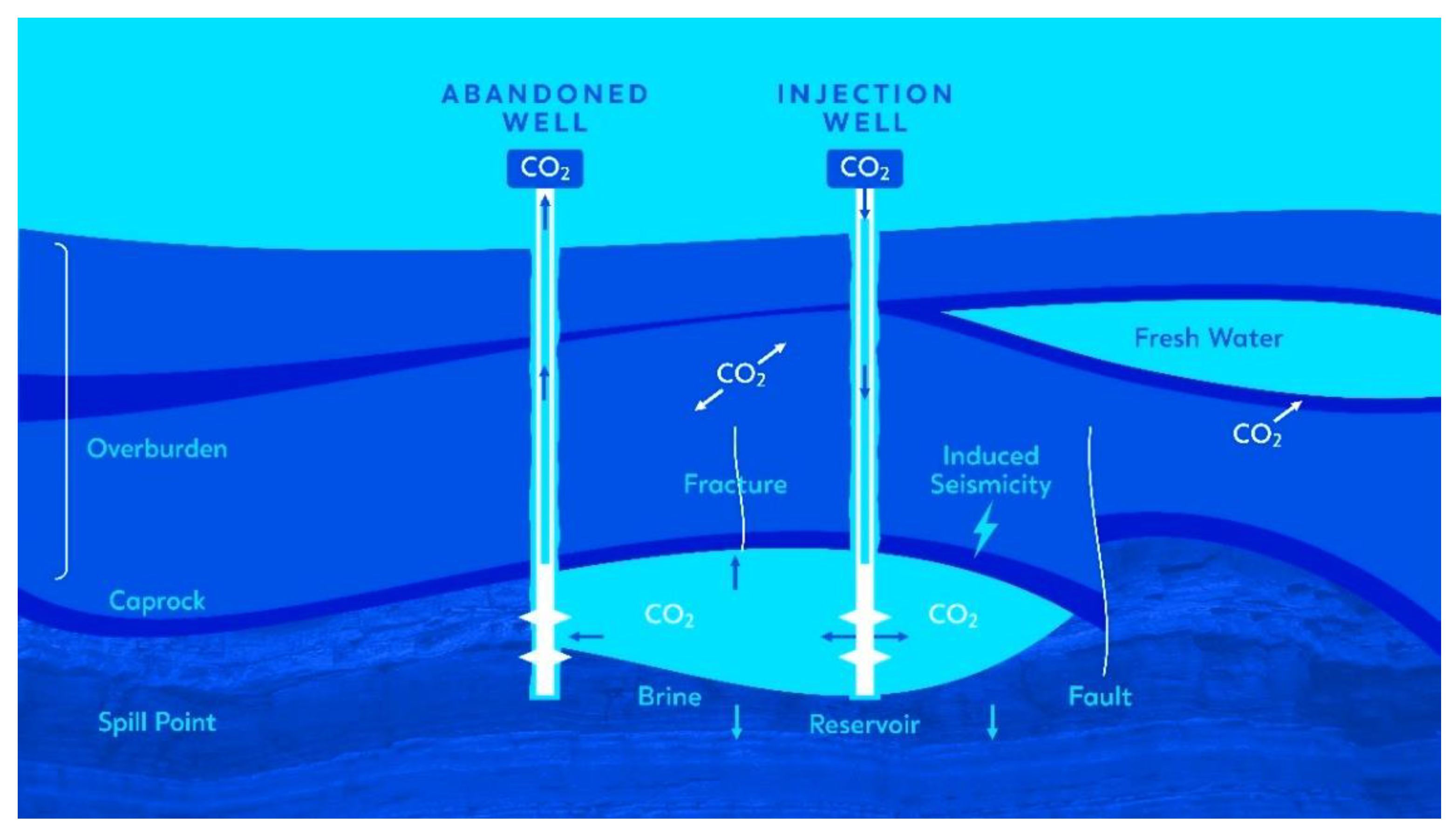Course
Objective
This course
is designed to introduce participants to the foundational and advanced concepts
of petroleum geomechanics, covering rock behavior, stress analysis, MEM
development, and geomechanical applications in drilling, production, and CO₂
storage. It bridges theoretical geoscience with practical petroleum engineering
insights.
Participants
will gain hands-on understanding of how subsurface mechanics influence
exploration and field development.
Learning
Benefits for Your Career
· Build a solid foundation in rock
mechanics, stress regimes, and MEMS
· Understand wellbore stability and how
to prevent drilling failures
· Learn to interpret wireline logs and
core tests from a geomechanics lens
· Gain exposure to 1D/2D/3D Mechanical
Earth Model construction
· Enhance your skillset for roles in
CCUS and sustainable petroleum operations
· Make your resume stand out with
applied geomechanics certification
Prerequisites
No prior
geomechanics experience is needed. Freshers with a background in petroleum,
geology, or mechanical engineering will find it easy to follow, while industry
professionals will benefit from enhanced MEM modeling and CCUS insights.
Course
Outline
Introduction
to Petroleum Geomechanics
· What is Geomechanics?
· Definition and scope within petroleum
engineering.
· Earth's Structure and Stress Regimes
· Overview of lithosphere, crust,
mantle, and their mechanical properties
· Influence of fluid flow through
porous media
Geomechanical
Processes in Hydrocarbon Exploration
· Origin and development of pore
pressure
· Types of stress: lithostatic,
hydrostatic, tectonic, pore pressure
· Role of geomechanics in petroleum
system analysis
· Introduction to rock mechanics and
fundamental rock properties
· Important Properties: Stress, strain,
Young's modulus, Poisson's ratio, shear strength
Rock
Properties and Measurement Techniques
· Rock and Soil Mechanics Basics
· Elasticity, plasticity, and failure
criteria
· Wireline logging (acoustic, density,
neutron, resistivity) & Borehole imaging and formation evaluation
· Core analysis and sample preparation
· Laboratory Testing of Rock
Properties: Uniaxial/triaxial compression tests
1D MEM
Development
· In-situ Stress Measurements
· Mechanical Earth Models (MEM)
· Building ID MEMs and applications in
2D & 3D MEMS
· MEM construction from well log data
· Applications in drilling, completion,
and production
Wellbore
Stability and Sand Production
· Mohr's Circle and stress path
analysis
· Fracture Mechanics
· Wellbore Stability Principles
· Causes of instability: collapse,
fracturing, breakouts
· Sand Production Mechanisms and
Prediction
Reservoir
Geomechanics and Applications in CCUS
· Geomechanical Modeling Techniques
· Analytical vs. numerical modeling
(Ex: FEM)
· Input data requirements and model
calibration
· Geomechanical hazards: wellbore
collapse, lost circulation, sand production, fracture reactivation
· Carbon capture and storage (CCS)
geomechanics
Frequently
Asked Questions (FAQs)
Is the
course beginner-friendly?
Yes, the
course is structured for both freshers and professionals.
What kind
of certificate will I receive?
A graded
Certificate of Completion issued by the training provider.
Are there
any live projects or case studies?
Yes, we will
cover industry case studies and perform a step-by-step MEM development.
What are
the software/tools taught or referenced?
We cover
well log analysis, stress plotting, and basic modelling techniques
(Excel-based; FEM overview).
Will this
help in CCUS and unconventional fields?
Absolutely.
The last day covers geomechanics applications in CCUS and subsurface hazards.
What are
the key deliverables included in the fee?
Course
slides, MEM templates, recorded videos, practical datasets, and career
guidance.


